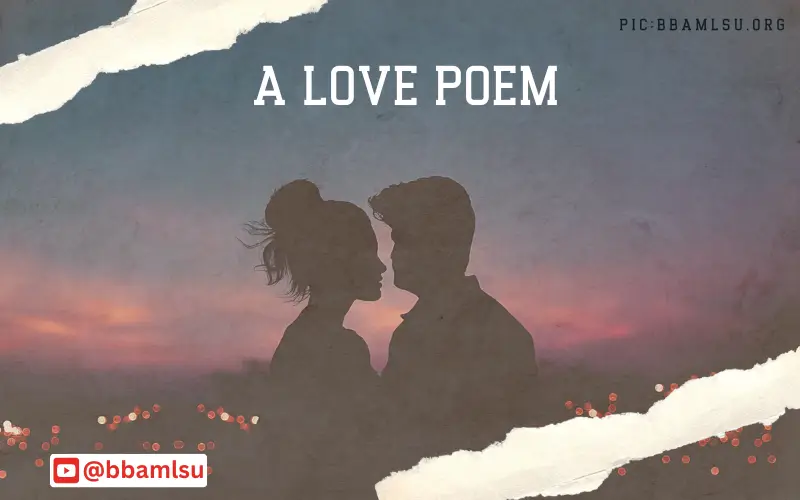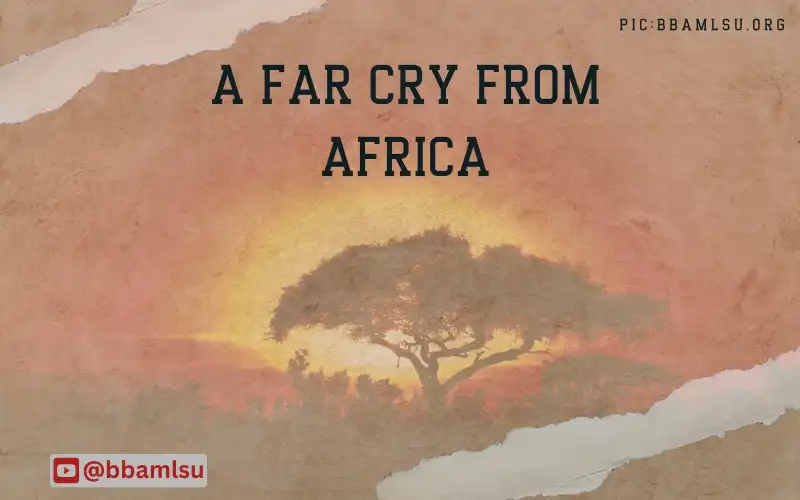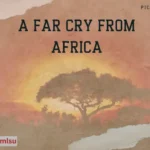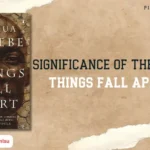David Malouf’s poem “Revolving Days,” from his collection Selected Poems 1959-1989, stands out as a love poem that eschews conventional sentimentality in favor of a complex and reflective meditation on memory, the passage of time, and the enduring yet transforming nature of love.
It’s a love poem with a difference because it explores love not only as a present, immediate feeling but also as something that evolves and is refracted through the lens of memory and time.

The Structure and Tone of the Poem
Malouf structures “Revolving Days” into a series of contemplative and evocative stanzas that oscillate between past and present, mirroring the poem’s thematic exploration of time’s cyclical nature.
The title itself, “Revolving Days,” suggests a cyclical pattern, implying that love and memory continuously loop back on themselves, allowing the past to inform the present.
This notion of a revolving, recurring experience highlights the poem’s focus on the persistent nature of memory and love.
The tone of the poem is reflective and introspective, imbued with a sense of nostalgia and bittersweet reminiscence. This mood is established right from the opening lines:
“What I have written, I have written.
My former self in the corridors of time
reads it and smiles.”
Here, Malouf conveys a sense of acceptance and inevitability, suggesting that the past cannot be altered and must be embraced as part of one’s identity.
The speaker’s “former self” becomes a character who interacts with the written record of the past, indicating that memory and identity are inextricably linked.
Themes of Memory and Time
The poem delves deeply into the themes of memory and time, examining how they shape and transform our perceptions of love.
Memory in “Revolving Days” is not static; it is an active, dynamic process that continues to evolve. The poem suggests that our recollections of love are not just passive reflections but are instead continually reinterpreted as we gain new experiences and insights.
Malouf’s use of imagery and metaphors underscores this fluidity of memory. For instance, he writes:
“It’s like this: the dark swirl of coffee,
the train buckling through the wind and rain
of our days,”
These lines evoke a sense of movement and change, with the “dark swirl of coffee” symbolizing the blending and merging of memories, and the train’s journey through changing weather conditions representing the progression of time and life’s unpredictability.
The Nature of Love in “Revolving Days”
Unlike traditional love poems that often idealize and romanticize the beloved and the relationship, “Revolving Days” presents a more nuanced and realistic portrayal of love.
It acknowledges the imperfections, the changes, and the passage of time that affect love. The poem recognizes that love is not a fixed emotion but is subject to the same transformations that time imposes on all aspects of life.
Malouf captures this sentiment in the lines:
“Somewhere in the dark streets of the city,
that girl in her white dress,
the hem just a little out of fashion,
still turns to look.”
Here, the girl in the white dress is a figure from the past, her dress slightly out of fashion, symbolizing how love, like clothing, changes with time.
The act of her turning to look back suggests a longing or a moment of connection that persists even as everything around it changes.
This evokes the idea that love, while altered by time, still retains a core essence that can be recalled and felt anew.
The Poem’s Conclusion and Its Implications
In the concluding stanzas, Malouf brings the reader back to the present, emphasizing the ongoing impact of past loves on the present self.
The poem does not offer a tidy resolution but instead leaves the reader with a sense of continuity and the idea that love and memory are always in motion, always “revolving.”
“It’s all there,
and it’s all gone.”
These final lines encapsulate the paradox at the heart of the poem: that the past is both irretrievably lost and yet ever-present in our minds and hearts.
Love, as portrayed in “Revolving Days,” is not a singular event but a continuous, evolving experience that shapes who we are.
Conclusion
David Malouf’s “Revolving Days” is a love poem with a difference because it goes beyond the superficial expressions of love to explore its deeper, more enduring aspects. It reflects on how love is intertwined with memory and time, how it persists and evolves even as we and our circumstances change.
The poem’s reflective tone, its nuanced portrayal of love, and its exploration of the cyclical nature of memory make it a profound meditation on the complexities of human emotion and experience.
By engaging with these themes, Malouf provides a richer, more textured understanding of love that resonates deeply with the reader’s own experiences of time and memory.
In this way, “Revolving Days” stands as a testament to the enduring power of love and the ways in which it shapes and is shaped by the passage of time, making it a truly unique and powerful love poem.













